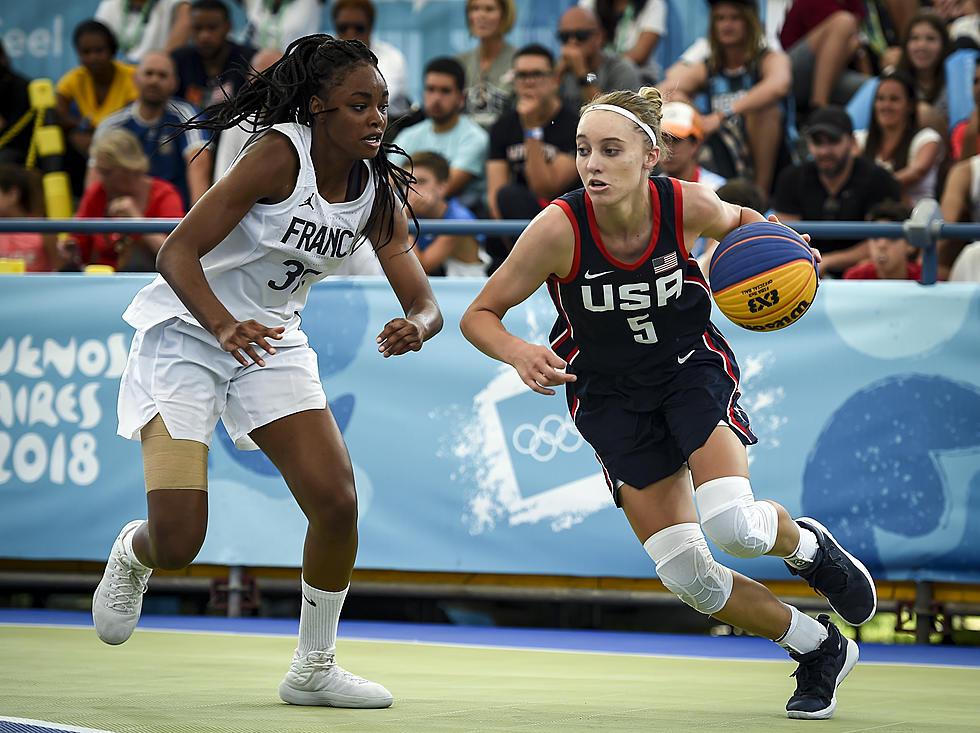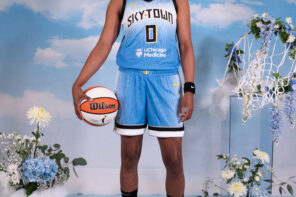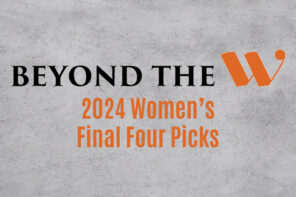Does it feel like a new era in collegiate sports or what?
It is hard to put our fingers on it but something about it simply feels different.
While the Fourth of July weekend was a reason for lots of fireworks to be set off into the sky, there was also lots of reason to celebrate if one is a college athlete.
With the first day being July 1st, collegiate athletes were no longer held back by the outdated and contrived Name, Image and Likeness (NIL) rules that prevented them from being able to make money off the fame they gain as college athletes.
The new era for college athletics was all but set in stone via the Supreme Court, which did not exactly give a favorable ruling to the NCAA.
Ever since the high court issued the edict, the deals have come flying in from all over college athletics – and not only with major sports such as basketball.
Let us look at two women’s sports that may not garner the attention basketball does – even though those sports are definitely deserving. One is volleyball – and a Nebraska volleyball player by the name of Lexi Sun by launching a clothing line with Ren Athletics. She clearly saw that these NIL rules were on the way and planned accordingly. A large reason why she was poised to capitalize on these rules – her expansive Twitter and Instagram following.
Another athlete that appears more than poised to capitalize – an LSU gymnast named Olivia Dunne who too has a massive social media following. It was also recently highlighted on a Times Square billboard.
One has to believe that the NIL wave is something that will eventually find its way (if it has not already) to the realm of women’s basketball. There are plenty of noteworthy women’s basketball players at the collegiate level with major social media followings – among them Paige Bueckers at UConn and Sedona Prince at Oregon.
If not solely because of a wide presence on social media platforms, their play alone may do the trick. Not only Bueckers and Prince, but others such as Iowa’s Caitlin Clark, South Carolina’s Zia Cooke and Aliyah Boston and Kentucky’s Rhyne Howard could also be among those ready to cash in big on these NIL deals.
This can only be a positive for the landscape of women’s sports. After all, it is well-documented how paltry WNBA salaries are in comparison to those of their overseas equivalents and hopefully that changes over time post-CBA. But women who play college sports now have an opportunity to make money and establish multiple sources of income prior to inking their WNBA rookie contracts.
This increases the possibility that less players will have to go overseas after their WNBA seasons conclude – especially as long as these deals stay in place even after they graduate. As the WNBA’s salary and marketing problems over the years have told us, the more revenue streams for women athletes, the better and NIL regulations finally joining the 21st century can only be a net positive.
And while the national deals for now will be the ones that are sure to receive the lion’s share of attention, there are also lots of chances for athletes to ink deals with local companies as well. One can only imagine the number of companies in both Connecticut and Minnesota chomping at the bit to talk turkey with Bueckers. Or the ones in South Carolina and Georgia waiting to talk turkey with Raven Johnson, a recent Gamecocks commit.
While keeping in mind that it is a step forward in paying collegiate athletes what they are worth, one cannot help that it is somewhat bittersweet for those that came before – even if they already have gone on to make lots of money in the pros. Imagine the deals that Skylar Diggins-Smith could have been doing while she was playing at Notre Dame given she too was a basketball and social media sensation.
One also wonders how much money Rebecca Lobo, Chamique Holdsclaw, Candace Parker, Maya Moore, Kelsey Plum A’ja Wilson and others would have made. Heck – the Twins Gonzalez also had a noteworthy social media following as they pursued the W. They too could have made lots of money off of NIL.
As the NCAA’s recent debacles involving women’s tournaments have shown, any day that is a losing day for the NCAA is a winning day for athletes. The NCAA has shown from its paltry preparations for tournaments for women’s sports (including basketball) to how women’s programs get thrown under the bus for transgressions involving men’s programs has shown that it is explicitly about money and would prefer for that cash to stay in the hands of the suits in Indianapolis.
Thanks to NIL, more of that money is going where it belongs – in the players’ direction. The NCAA is an organization flush in cash because of players – no one is watching a women’s basketball game to see know-it-all bigwigs wearing suits (many of whom only wearing those suits because of their last names).
One of the golden rules of today’s sports landscape is that if it means more money going into the hands of women athletes – the better, especially considering lots of these same women have been denied opportunities at making more money solely for being women. NIL can only mean positive results for women’s collegiate sports and it is something that is long overdue.
We would say let the wheeling and dealing begin, but those floodgates more than opened on July 1st. So – we say let the wheeling and dealing continue.




